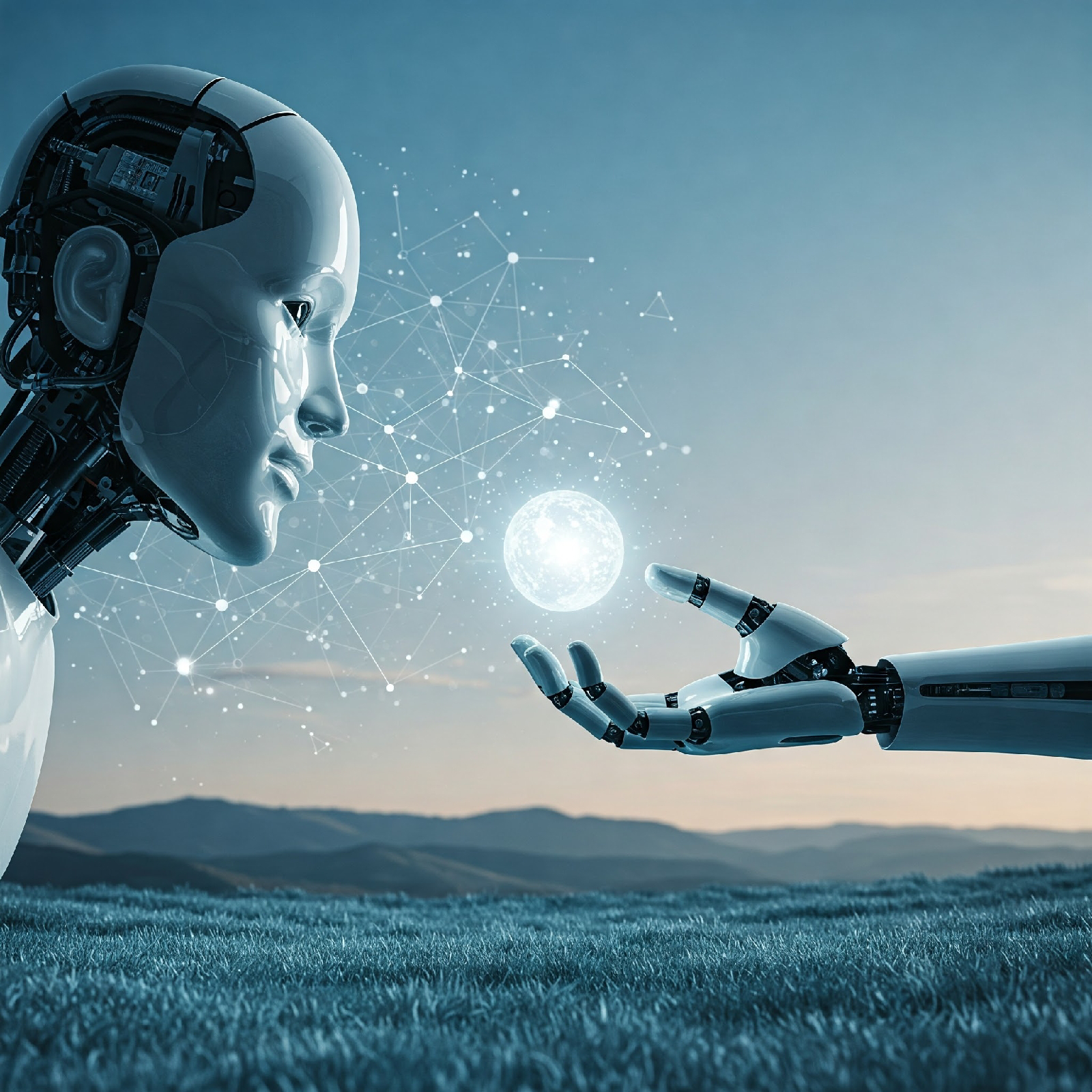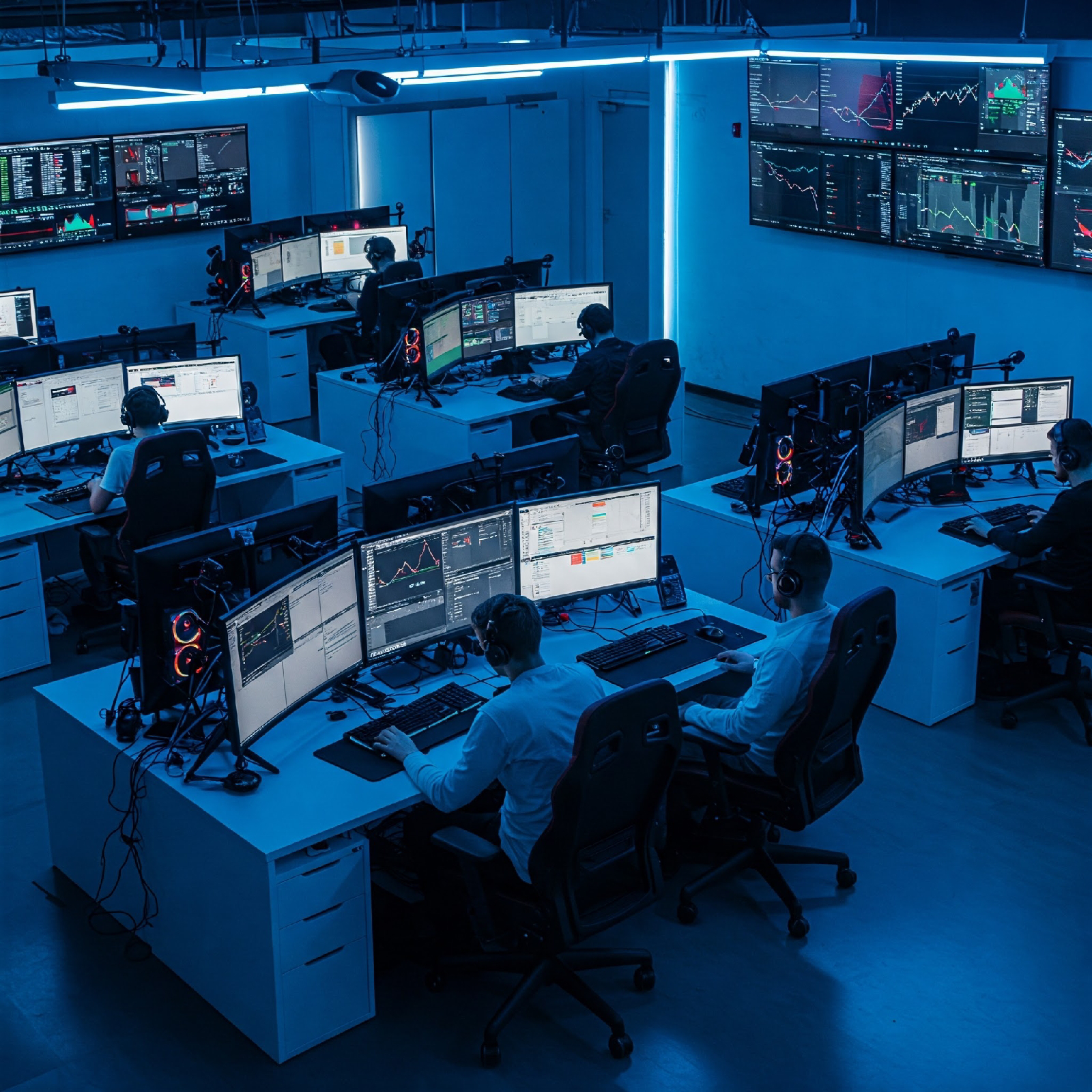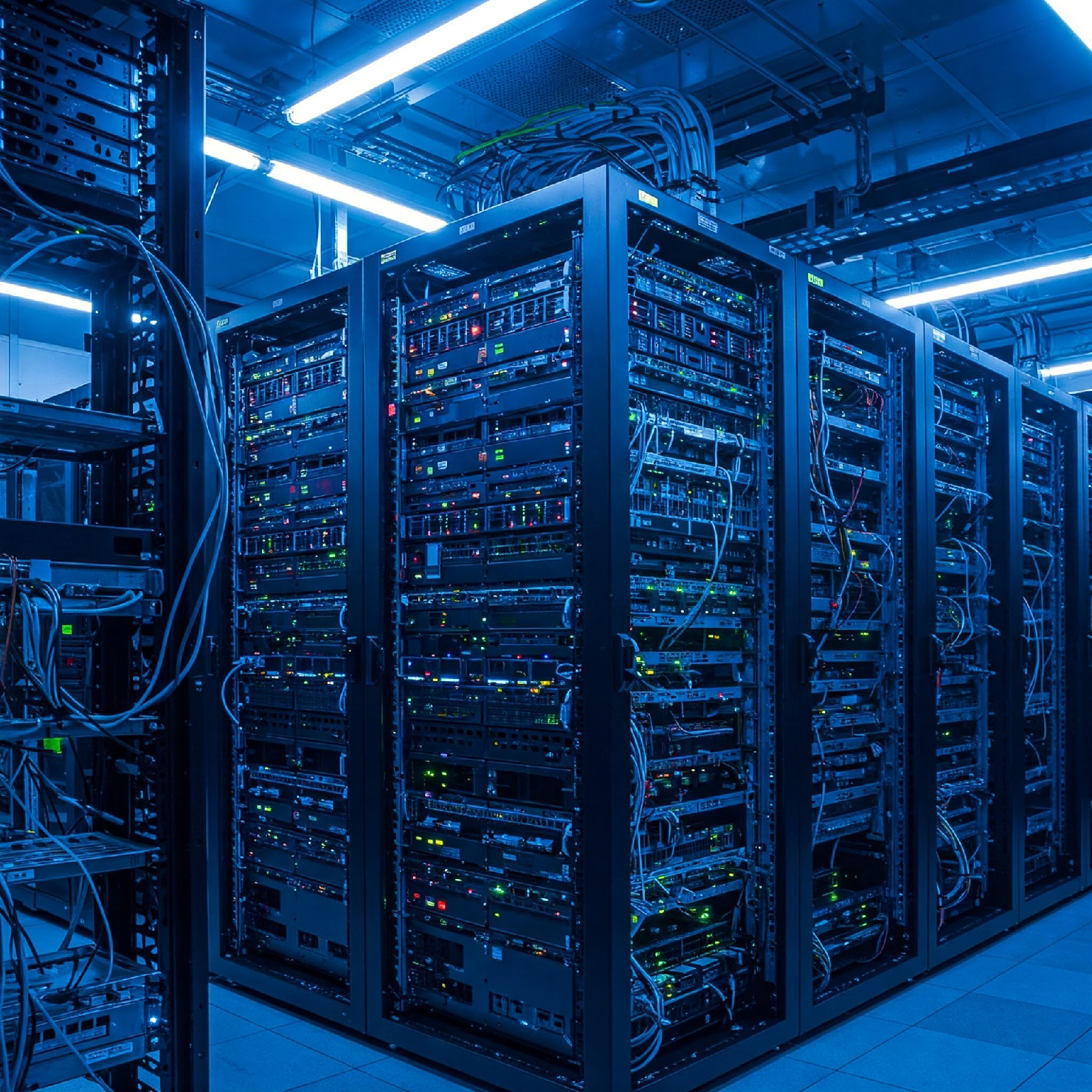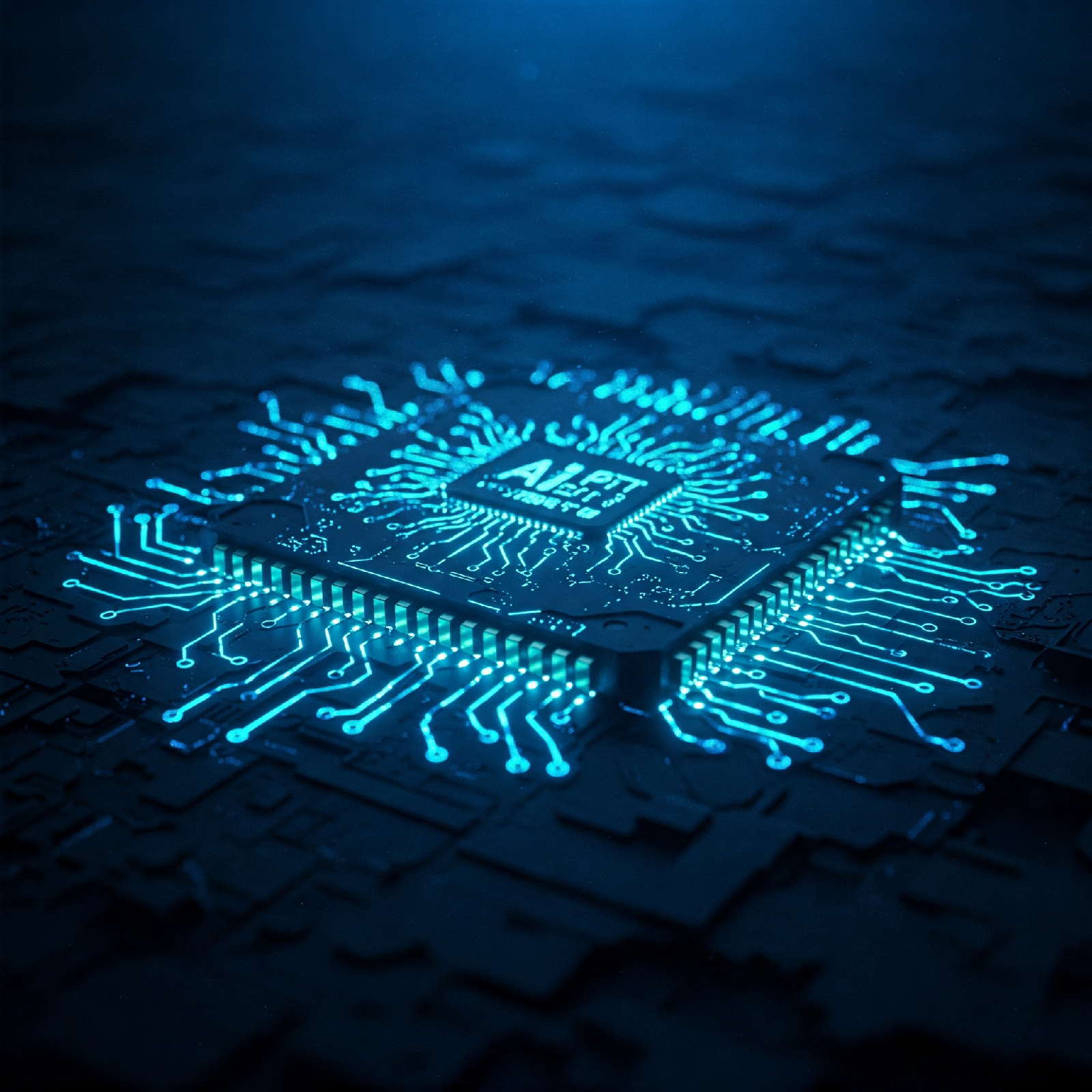Exploring AI Welfare and the Ethical Implications of Anthropic’s Claude
Exploring AI Welfare and the Ethical Implications of Anthropic’s Claude
Artificial Intelligence is changing fast. These growing smart systems are now part of our daily lives. From chatbots to decision support tools, AI’s reach is huge. But this rapid push raises a big question: how do we make sure AI helps without hurting? Companies like Anthropic are leading the way by giving special focus to AI welfare and safety. Understanding how their models like Claude work can shed light on the future of ethical AI.
The Rise of AI Welfare Initiatives
The Shift Toward Ethical AI Development
In recent years, AI safety and ethics have moved from buzzwords to priorities. Tech giants and startups now see the need to develop AI responsibly. Many companies are embedding safety standards into their AI systems. This means designing models that avoid harmful outputs and act more like responsible helpers. They’re also setting policies to keep AI aligned with human values.
Anthropic’s Commitment to AI Welfare
Founded with a strong focus on ethical AI, Anthropic is dedicated to building safer systems. Their mission is to create AI that is helpful and safe for everyone. Central to their work is the development of Claude, a large language model designed with welfare in mind. The company follows key principles, including transparency, safety, and interpretability. These ideas guide their research and new projects aimed at improving AI well-being.
Understanding Claude: A Case Study in Welfare-Oriented AI
Technical Foundations and Design Philosophy
Claude isn’t your typical AI model. It’s built to promote safety at every step. Anthropic emphasizes making Claude’s responses responsible, less likely to produce harmful content. They use specialized training methods that reward positive behavior. Compared to other language models, Claude is designed to be more predictable and easier to control.
Real-World Applications and Impacts
Claude is already being used in many fields. Businesses turn to it for customer service, healthcare advice, and online education. It can help answer questions accurately while avoiding offensive or misleading replies. In some cases, Claude has reduced instances of harmful outputs, making interactions safer. Still, no system is perfect, and sometimes unexpected issues can happen, reminding us that welfare-focused AI still needs improvement.
Ethical Challenges and Debates Surrounding AI Welfare
Navigating Bias and Fairness
AI models often reflect human biases, which can lead to unfair results. Anthropic works hard to reduce these biases in Claude. They test and tweak the model to prevent harmful stereotypes. But balancing AI independence with human oversight isn’t easy. Experts say transparency about AI limits and bias is vital for trust.
Transparency and Explainability
People need to understand how AI makes decisions. If AI is a black box, trust erodes fast. Anthropic tries to make Claude’s reasoning more clear. They develop tools to explain why certain outputs happen. Still, protecting their technology secrets while staying open is a tough challenge.
Potential Risks and Concerns
Even AI that aims to be safe can go wrong. Over-relying on AI might make humans less alert or critical. There’s also the risk of AI misuse, like manipulation. Some worry that welfare-focused AI could be manipulated to hide harmful motives. That’s why many believe clear regulations and ongoing testing are needed to keep society safe.
Actionable Tips for Responsible AI Development and Use
- Regularly review AI safety measures with third-party checks.
- Be open with users and stakeholders about AI limits.
- Educate users on what AI can and cannot do.
- Work with different groups to set clear standards for AI safety and ethics.
Conclusion
Building AI that cares about welfare isn’t just a nice idea; it’s essential. Companies like Anthropic lead by example, focusing on creating safer, more responsible AI systems like Claude. Still, there’s work left to do. Keeping AI transparent, fair, and safe must stay a priority. As AI grows, so does our role in guiding its development. Policymakers, developers, and users all need to stay vigilant, promote openness, and work together to ensure AI serves society well. Only then can we enjoy AI’s many benefits without losing sight of its ethical responsibilities.










